On Thursday, June 29, the Supreme Court struck down affirmative action, making it unlawful for colleges to take race into consideration as a specific factor in admissions.
According to various news outlets, the ruling will impact admissions policies that have historically benefited Black and Latino students applying to predominantly white, highly selective institutions. However, Historically Black Colleges and Institutions will also be affected by the Supreme Court’s decision.

HBCUs are expected to see an increase in enrollment as a result of the ruling. Howard University President Dr. Wayne A.I. Frederick said that this may bring challenges to the universities.
“Historically Black colleges and universities are carrying an outsized burden to diversify so many industries in America. We represent only 3% of the higher [education] institutions, but we are responsible for 25% of the bachelor’s degrees,” Frederick said in an interview with CNN. “By not allowing race to be considered in admissions elsewhere, you can put an even more outsized burden on historically Black colleges and universities who don’t have the capacity to carry that type of a burden.”
Eddy Carder, an assistant professor of constitutional law and philosophy at Prairie View A&M echoed Frederick’s sentiments in an interview with Axios, saying “Increased enrollment can become a practical issue because enrollment means more resources, buildings, space, and technology.”
Other HBCU leaders have spoken out, welcoming new prospective students in response to the end of affirmative action.
“We more than want to welcome those students here and it is our hope that maybe they broaden their perspective in terms of where they might be searching,” Dr. Ricardo Phipps, Provost and vice president of academic affairs at St. Augustine’s University, told Spectrum News.
“More students of color, who might have chosen to apply to a predominantly white institution, will now apply to and attend an HBCU instead. HBCUs — and an ever-broadening array of HBCUs — will draw a greater number of talented students of color,” Delaware State University President Tony Allen said in a statement. “We will welcome them as we have always done. And we will need stalwart partners to help us in our work.”
People swear we as HBCU Alumni always talk about our institutions are underfunded but that underfunding makes it an uphill battle for us to accommodate the possible increased enrollment that this decision on Affirmative Action could cause.
— Randall Barnes (@AuthorRandallB) June 29, 2023
This is a cycle. pic.twitter.com/tJw3labQM5
As the Supreme Court ruling may cause an uptick in enrollment at HBCUs, the underfunding of HBCUs must be addressed.
A recent study found that HBCUs get 178 times less funding than Ivy League schools.
“Despite the achievements of HBCUs, philanthropy funds these higher education institutions at significantly lower rates than comparable PWIs,” wrote Susan Taylor Batten, the study’s author and President & CEO of ABFE, which promotes philanthropy in Black communities. “This leaves HBCUs with less than adequate funding to support their operations, educational programs, infrastructure, and endowments.”
Additionally, compared to their predominantly white counterparts, the nation’s Black land-grant universities have been underfunded by at least $12.8 billion over the last three decades, according to Forbes.
Last year, students at Florida A&M University sued the state of Florida and the board of governors, claiming decades of discriminatory underfunding of the school and that the state prioritizes funding for predominantly white institutions like Florida State University over HBCUs like FAMU.



